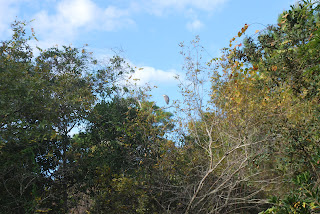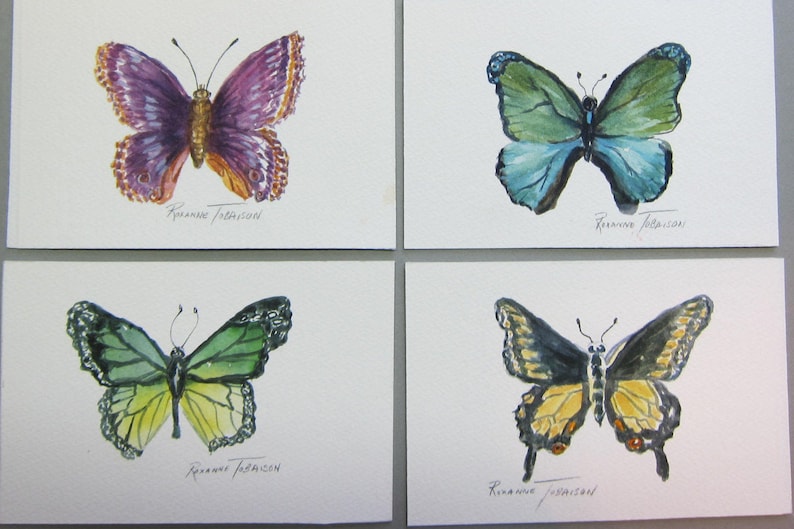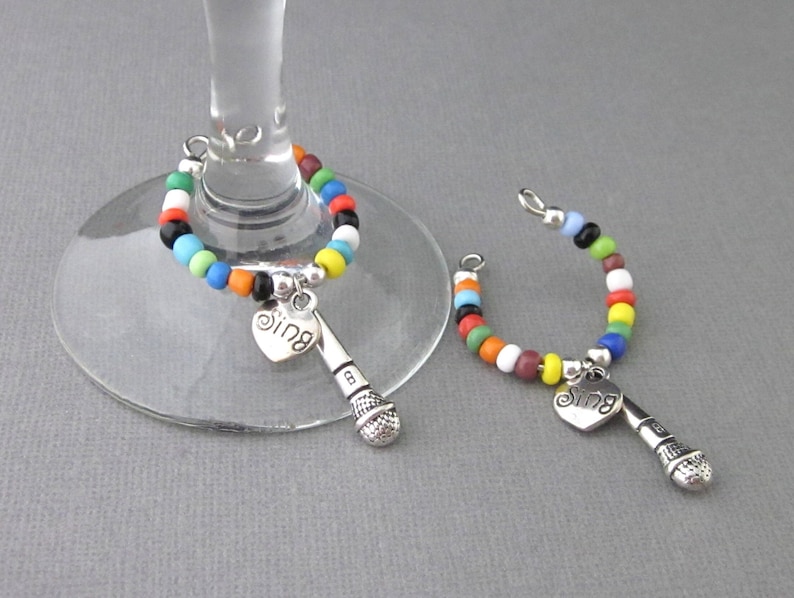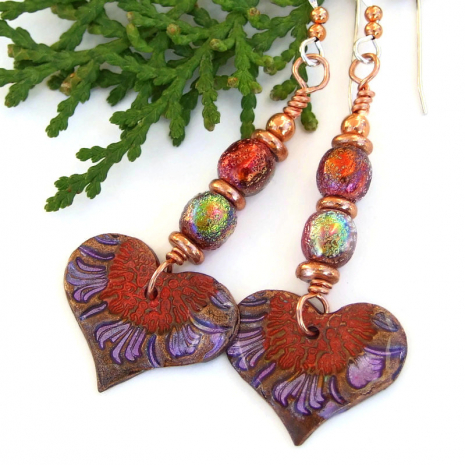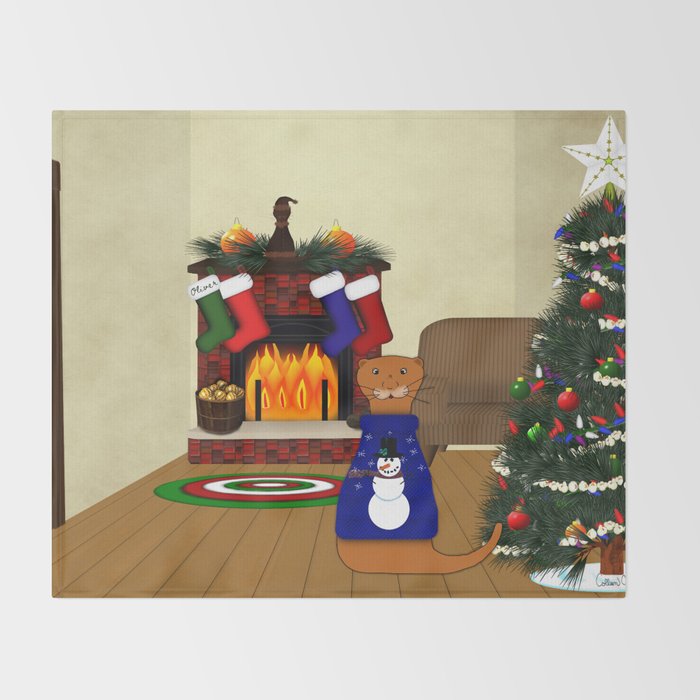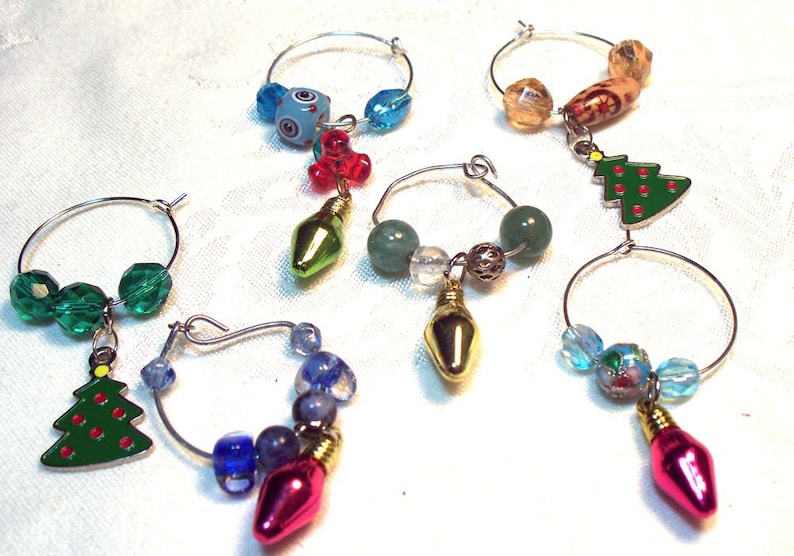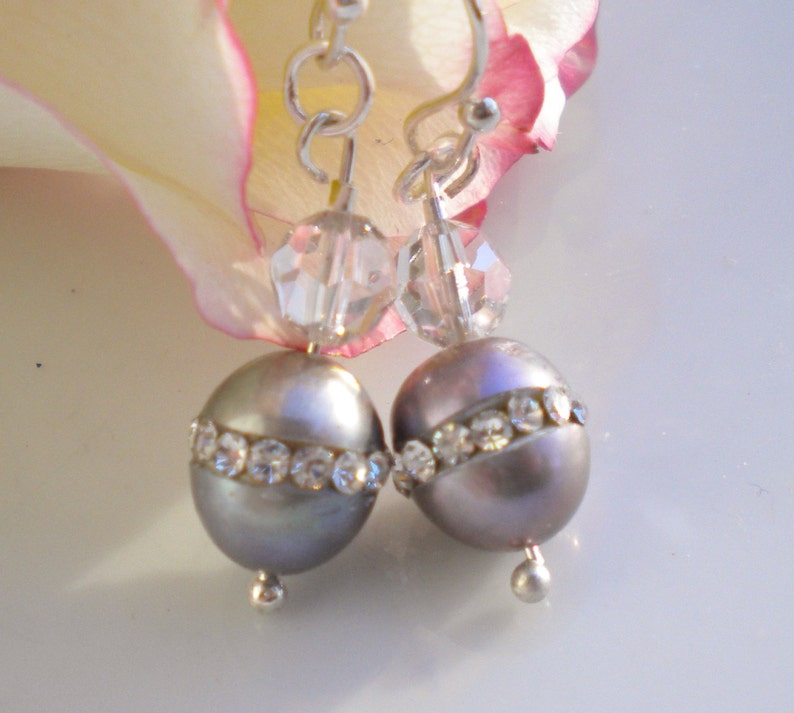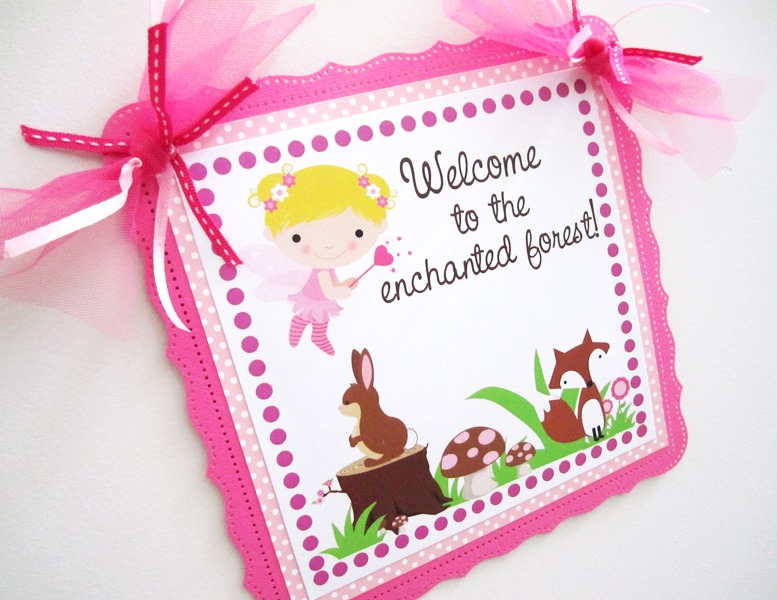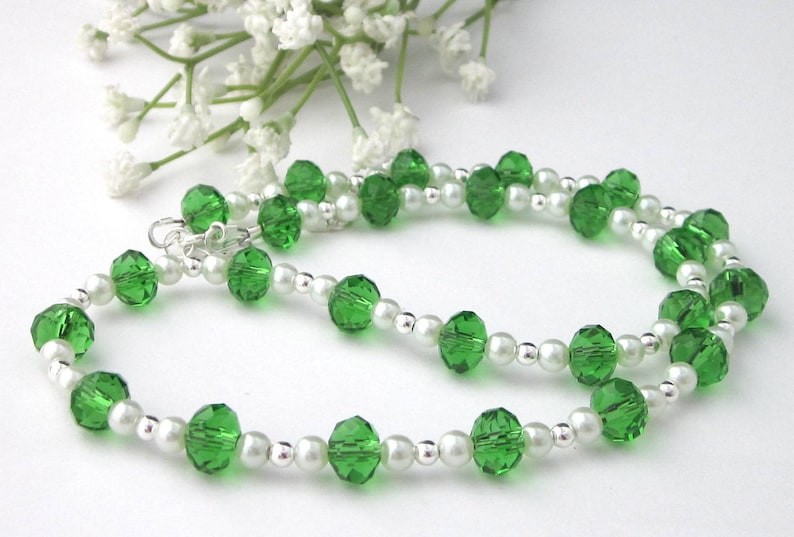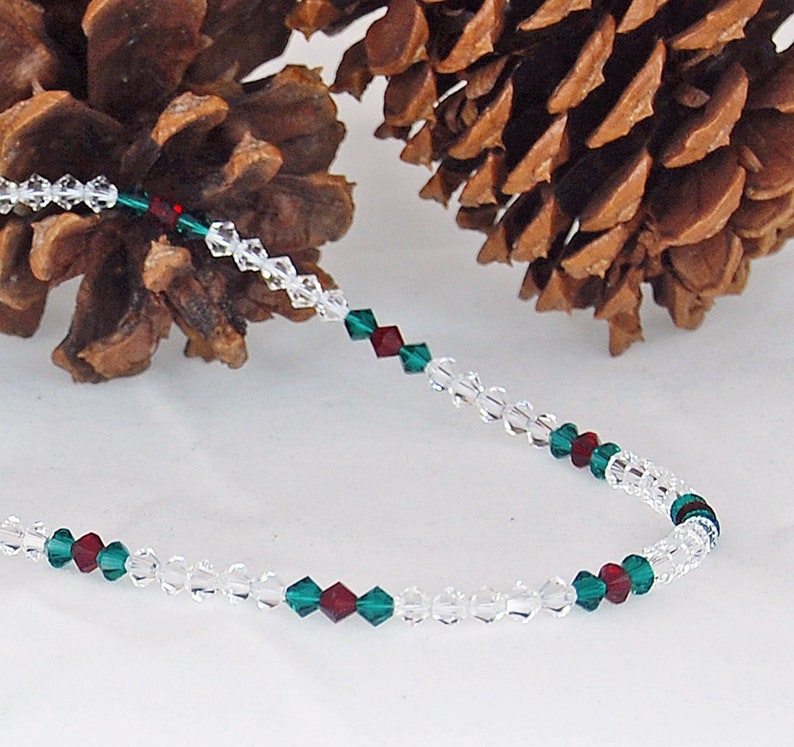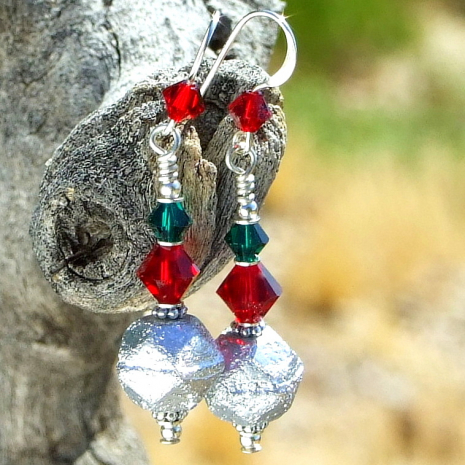Light the Yule Log and begin the 12 days of Christmas. While Advent is solemn and more religious in nature, the 12 days of Christmas is for merry making and fun. Advent is a German tradition, but the English have adopted the Advent calendar and the Advent Candle. Advent begins four Sundays prior to Christmas, but the 12 days of Christmas begin on the 26th of December and end on the 6th of January. The 12 days are said to have started with Shakespeare’s Twelfth Night in the 16th Century. This tradition is steeped in urban legend and maybe some truth. The original story goes that the Catholics were prohibited from speaking of their faith during the medieval times. In order to get around that and still teach their youngsters about their faith, they developed the song version of the 12 Days of Christmas. Their True Love is God and me in the song means every baptized Christian. My true love gave to me ……. Other references place this song as a French song that was chanted and not sung.

Burn the Yule log for 12 days and do not let it go out!
True? Urban legend? The song lives on, and the tradition is still celebrated and kicked off on St. Stephen’s Day or Boxing Day. This day of celebration follows the traditional 25th of December and Boxing Day is rather an English tradition that has seeped over into other cultures. This is the day that employers would box up their leftovers and some random gifts for their servants or employees. It originated from the church as this was the day that the priest was to empty the alms box and hand out the proceeds to the poor. The Victorians took it to a higher degree by casting off their leftovers at their servants.
An interesting side note on St. Stephen’s Day, which was covered in the Irish traditions. The wren is said to have given him away when he was hiding in a bush, which is why the wren has been persecuted throughout the Irish history. Stephen was the first Christian martyr mentioned in the Bible. Those who know the old song Good King Wenceslas will recognize the verse about the feast of Stephen. Catchy tune that you may be humming the rest of the day.
Good King Wenceslas looked out
On the feast of Stephen
When the snow lay round about
Deep and crisp and even
Brightly shone the moon that night
Though the frost was cruel
When a poor man came in sight
Gath'ring winter fuel
"Hither, page, and stand by me
If thou know'st it, telling
Yonder peasant, who is he?
Where and what his dwelling?"
"Sire, he lives a good league hence
Underneath the mountain
Right against the forest fence
By Saint Agnes' fountain."
"Bring me flesh and bring me wine
Bring me pine logs hither
Thou and I will see him dine
When we bear him thither."
Page and monarch forth they went
Forth they went together
Through the rude wind's wild lament
And the bitter weather
"Sire, the night is darker now
And the wind blows stronger
Fails my heart, I know not how,
I can go no longer."
"Mark my footsteps, my good page
Tread thou in them boldly
Thou shalt find the winter's rage
Freeze thy blood less coldly."
In his master's steps he trod
Where the snow lay dinted
Heat was in the very sod
Which the Saint had printed
Therefore, Christian men, be sure
Wealth or rank possessing
Ye who now will bless the poor
Shall yourselves find blessing
Queen Victoria and Prince Albert are responsible for many of the current Christmas traditions in countries England occupied.
Every Christmas Day, the Queen addresses the British citizens as was first done by King George the Fifth. He broadcast a part of a speech by Rudyard Kipling that began with “I speak now from my home and from my heart, to you all..” Now the speech by the Queen is broadcast during the Christmas feast. Most are digesting food during her speech, and it is said that less than 35 percent actually listen to her at all.
As seems to be the case in most countries, there was a period of time when Christmas was illegal. In 1647, Cromwell put an end to the pagan holiday of Christmas, which has a lot of traditional roots in the celebrations by the Druids and winter holidays. The decision to outlaw Christmas was more along the lines of the fact that the Puritans were in control, and they did not like any celebrations or display of merriment as they considered it immoral and decadent. Less than 15 years later, they kicked old Cromwell to the curb and reinstated Christmas.
This is a law: The Holy Days and Fasting Days Act of 1551 that is still on the books today. It states that every British citizen MUST attend a Christian Christmas service on Christmas Day. They cannot use any vehicle to get to the service. According to the law, this was enacted to make the rich walk to church and be humble for one day out of the year. Naturally, this law is not kept, but interesting that they felt the need to enact it in the first part. The true service attendees run about 13 percent of the population, and they drive to church.
The Christmas Tree is set up in all the homes in the tradition of Prince Albert who brought the trees from Germany to Britain. He wanted to share his traditions with Queen Victoria, and he saw the tree as the way to do that. Some homes even have more than one tree. The decoration of the tree is a family affair. The decorations include holly, ivy and mistletoe. Queen Victoria made Christmas a time of gift giving and merriment for all. Martin Luther is said to be the first one who ever decorated a Christmas Tree.
Father Christmas brings gifts to the good boys and girls who have put out stockings or pillowcases. He traditionally likes to eat mince pie and a glass of sherry. The children write letters to Father Christmas, but many instead of mailing them, toss them in the fireplace in order for the ashes to go up the chimney and directly to Greenland where Father Christmas and his elves make toys.
Christmas Eve on the 24th is filled with candlelight services at church, caroling, family gatherings and pub runs. Not necessarily in that order. The celebration also includes Nativity Plays where a cast reenacts the manager scene and the birth of Christ.

Driving the turkeys
Christmas Day is filled with food, glorious food, we’re anxious to try some… oops, wrong song. It is Dickens though. The first course starts with prawns and smoked salmon. Victorian England roasted a turkey, goose or duck. In the Middle Ages, they roasted skinless peacocks and swans, using the very expensive saffron oil and butter to baste them before roasting. They were then wrapped in their own skin and feathers before popping them in the oven.
Those who participated in roasting a goose had to save to buy the goose, and they were members of a Goose Club, which is the same as what used to be the Christmas Club in the United States. Instead of putting a couple dollars away in a savings account to buy Christmas presents, the working poor of London paid their butcher a couple pence a week towards a goose come Christmas.
When the geese and turkeys came to town on Christmas, they were herded down the streets towards the markets. Many of the fowl were from places like France or Germany, but some were raised in Norfolk. The turkeys wore boots to protect their feet from the cobblestones. There is a mighty goose dinner in the Dickens tale of a Christmas Carol.

Christmas dinner with a turkey that wore boots
The dinner is filled with potatoes, vegetables, nuts, parsnips, brussel sprouts, bread sauce, gravies and the famous Christmas pudding served in brandy. Figgy pudding is another one of Prince Albert’s contributions to the Christmas table. He loved the fruit pudding. It traditionally is a spiced porridge that is derived from the Celtic harvest legend of the god Dagda who took all good things from the harvest and stirred it up into a dessert. The more common place plum pudding served today has nuts, spices, black treacle and brandy. The pudding is filled with alcohol soaked dried fruit.
The pudding is a family event, and if the pudding is made from scratch at home, every member of the family must take a turn stirring the pudding and making a wish. It must be stirred from east to west since that is the direction that the wise men traveled. There are some who like to hide a token in the pudding, like the Christ child is hidden in bread in some cultures, which could even be a spin off of the Romans need to hide a bean in their food to appease the god Saturnalia. The pudding wish comes true if you get a mouthful of pudding and it contains a coin or other hidden object. Your wish may be for medical attention because you are choking.
Christmas cakes are also very rich and decadent. Dried fruit, nuts, black treacle, candied peel and marzipan or almond paste make up the basic cake served at the Christmas dinner. The royal icing, which is something most bakers are familiar with, was added to the top of the cake. The cake is more than a dessert, it is made up weeks in advance and used as a display throughout the holidays.
Most of the desserts served are made in advance, and there is a lot of preparation of the food that goes on prior to the big day. These preparations involve most family members, and it is a source of family time together.
Have some Christmas cake
This is just a small taste of the rich traditions that the English have served up for the holidays. Here are some lovely gifts that Queen Victoria would have been proud to give to her family members.
Crystal Golden Shadow Ink Drop Earrings, Victorian Style Jewelry
Victorian Style Treasures
Silver Pearl Earrings w Silk Swarovski Crystals
MagdaleneJewels
Montana Blue Crystal Teardrop and White Pearl .925 Sterling Earrings
Kats All That
Fairy Woodland Party Welcome Door Sign in Pink for Girl
Adore by Nat
Swarovski Crystal Necklace - Aquamarine Birthstone Crystals varies beads with ribbon closures
watercolorsNmore
Bright Green Crystal And White Pearl Short Length Necklace With Sterling Silver
The Singing Beader
Red Green Crystal Choker Designer Necklace Holiday Christmas
RivendellRocksSedona
Christmas Holiday Earrings, Silver Red Green Crystals Handmade Jewelry
Shadow Dog Designs
Sea Turtle Bangle Bracelets for Women with Charms and Crystals
Blue Morning Expressions
Looking for something different?
Here are more links to additional beautiful, handmade gifts.
Week 1
Week 2
Week 3
Week 4
Week 5
Week 6
Week 7
Week 8
Week 9
Week 10
Week 11
Argentina
Australia
France
China
Mexico
Netherlands
Germany
Italy
Russia
Ireland
Bring me some figgy pudding, bring me some figgy pudding, bring me some figgy pudding and make it to go!
We are off to our last stop of the season. Hope you have your mittens, hats and warm boots because it is going to get COLD!
Enjoy,
Julie and Harry
